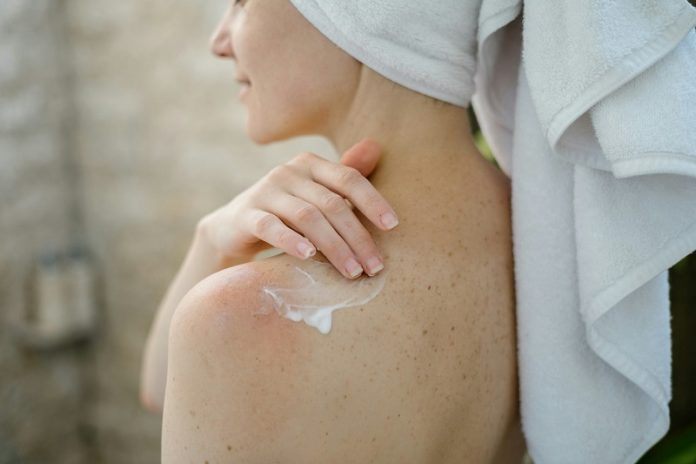
Sunscreen has recently come under fire on social media, with influencers claiming it’s more harmful than helpful.
Timothy Caulfield, a health expert, strongly disagrees with these misleading statements.
He was shocked when he first heard people saying things like, “The sun doesn’t cause cancer; sunscreens do,” or that “a tan is all the protection you need.” Caulfield believes such ideas are dangerous and not backed by science.
The truth is, sunscreen has been proven to protect us from skin cancer.
Caulfield points out that scientific studies have shown sunscreen is both safe and effective. The idea that it causes harm is not supported by evidence.
Social media influencers spread these myths to attract attention, but these claims can lead people to avoid using sunscreen, putting them at higher risk for skin cancer.
Skin cancer is a serious issue. About one in five Canadians will develop some form of skin cancer in their lifetime, and around 1,300 die from it every year. The most dangerous type is melanoma, which is linked to exposure to the sun’s ultraviolet (UV) rays. Tanning beds are also a major cause of skin cancer.
Sunscreen with a sun protection factor (SPF) of 15 or higher can lower your chances of getting certain types of skin cancer by 40–50%. It also helps prevent premature skin aging.
Debunking Sunscreen Myths
Myth 1: Sunscreen ingredients are unsafe.
Some people worry about chemicals like oxybenzone in sunscreens, but research shows that even though a small amount may be absorbed by the body, it is not harmful at normal use levels. Caulfield explains that just because a chemical is absorbed doesn’t mean it’s dangerous.
Myth 2: Sunscreen causes vitamin D deficiency.
There’s no evidence that regular sunscreen use leads to a lack of vitamin D. The Skin Cancer Foundation says you can get enough vitamin D from about 10 minutes of sun exposure a few times a week, even if you wear sunscreen. You can also get vitamin D through your diet.
Myth 3: People with dark skin don’t need sunscreen.
While darker skin provides some protection, people with all skin tones can still get skin cancer. It’s important for everyone to wear sunscreen.
Myth 4: A tan protects you from UV rays.
A tan only gives your skin a very low level of protection, equivalent to an SPF of 2–4, which isn’t enough to prevent sunburn or skin damage.
Myth 5: Sunscreen disrupts hormones.
Studies that sparked this concern used massive amounts of sunscreen on rats, much more than any person would use. Both the U.S. Food and Drug Administration (FDA) and Health Canada have approved sunscreen as safe for use.
In short, sunscreen is a proven way to protect yourself from skin cancer, while myths about its dangers are simply untrue. So next time you head outside, trust the science—and don’t forget your sunscreen.
If you care about skin health, please read studies about top signs of diabetic skin disease, and Mediterranean diet could help lower the skin cancer risk.
For more information about skin health, please see recent studies about eating fish linked to higher risk of skin cancer, and results showing how to combat the effects of aging on your skin.
Source: University of Alberta.



